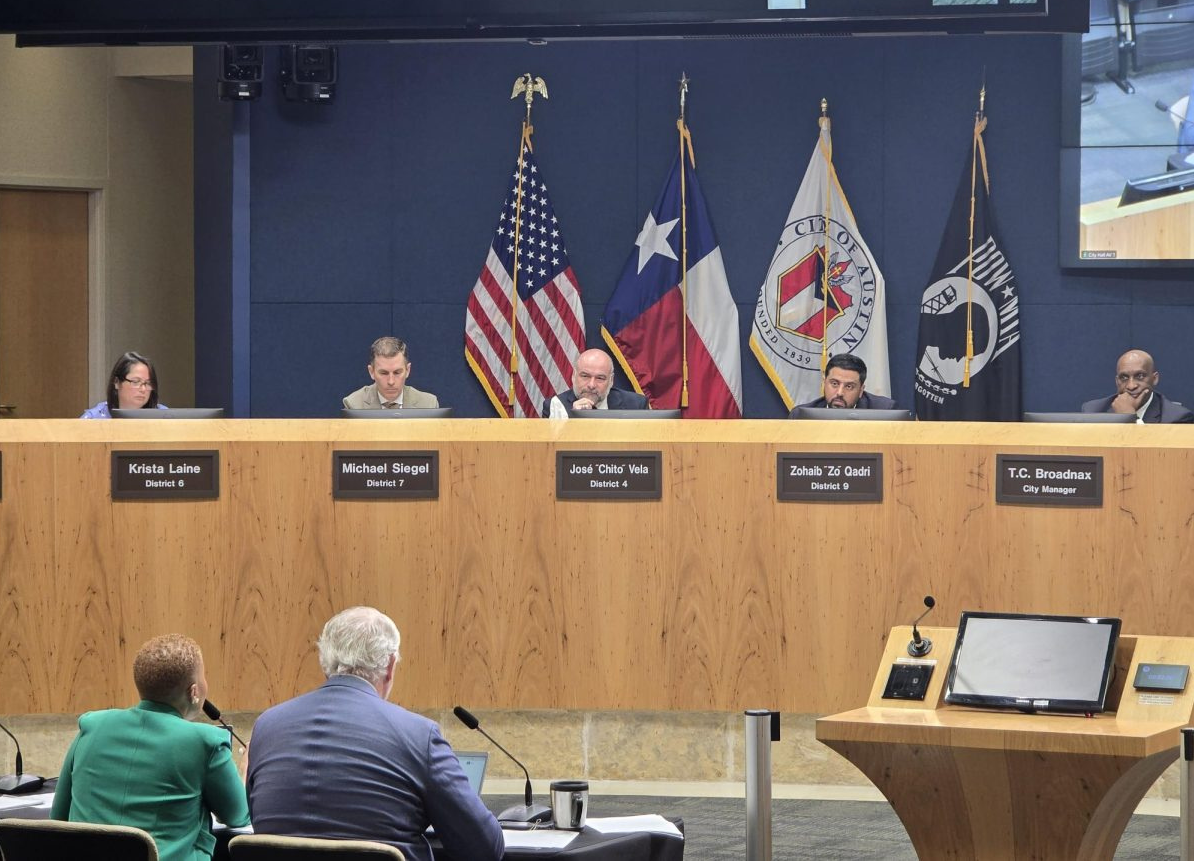Austin Revamps Hate Crime Task Force into City-Led Initiative to Strengthen Equity and Community Trust
City Council Greenlights New Model to Expand Reporting, Engagement, and Support Services
A Major Step Toward Safer and More Inclusive Communities
In a decisive move to confront rising hate crimes and strengthen public trust, the Austin City Council has voted to restructure its existing Hate Crimes Task Force into a city-led initiative under the Office of Equity and Inclusion. The resolution, approved unanimously, marks a significant shift from the task force’s original external partnership model to a fully integrated, government-backed approach aimed at improving response, accessibility, and accountability.
The transformation includes launching a centralized Hate Crimes Web Portal, deploying trained community advocates, and hosting quarterly public forums to promote awareness and open dialogue about hate incidents across the city.
Why This Restructure Matters
The decision to internalize the task force stems from a growing recognition that hate crimes in Austin are on the rise—and more must be done to make the city a safer place for all residents.
Council Member Zohaib “Zo” Qadri, who spearheaded the resolution, emphasized the urgency of this change. Representing District 9—home to a diverse student population including the University of Texas and West Campus—Qadri said the current political and social climate has created fear among many, particularly Muslim and Jewish students who reported feeling unsafe wearing religious attire in public.
“We did a lot of good work with the previous task force, but in today’s climate, too many people are afraid and feel unwelcome. This shift is about making them feel heard, protected, and supported,” Qadri said during the council meeting.
Recent data from the Austin Police Department reveals that nearly 25% of all hate crimes in 2025 were reported in District 9 alone—a trend that city leaders agree needs immediate attention.
What the New City-Led Model Will Offer
The restructured task force will be housed within the Office of Equity and Inclusion, allowing for better coordination of resources and policy alignment. The resolution outlines several major initiatives:
Development of a Hate Crimes Web Portal to streamline reporting and make resources easily accessible.
Creation of a Community Advocate Network—trained individuals who can guide victims through the reporting process and provide emotional and legal support.
Quarterly Public Forums where residents can share personal experiences, raise concerns, and help shape city policy.
Stronger data collection practices to better understand trends and shape proactive measures.
Realignment of Public Campaigns like We All Belong to focus on education, prevention, and systemic change rather than only hosting community events.
Budget and Community Support
Supporters of the resolution have stressed the need for increased funding and capacity for the Office of Equity and Inclusion. Currently, the office receives just 0.1% of the total city budget—$6 million—despite its wide-ranging responsibilities, from managing anti-racism workshops to leading strategic equity initiatives.
Monica Guzmán, policy director at Go Austin/Vamos Austin and an advocate of the restructuring, urged the council to ensure full financial backing.
“If we want to reduce hate crimes, we need broad understanding, strategic partnerships, and action rooted in community,” Guzmán said. “The antidote to hate is critical love in action.”
A Future-Focused Approach
The transition is not just administrative—it represents a cultural and strategic pivot. By bringing the task force under city leadership, Austin aims to:
Improve transparency and accessibility in reporting hate crimes.
Build trust between impacted communities and law enforcement.
Equip the city with better data and tools to create targeted interventions.
Center the voices of those most affected in shaping future policies.
While public campaigns will pause for a year to allow for restructuring and data integration, city officials are confident this pause will lead to a stronger, more results-oriented approach.
Toward a More Just Austin
As hate crimes continue to challenge communities nationwide, Austin’s restructuring of its Hate Crimes Task Force serves as a bold and hopeful blueprint. The city is choosing to move beyond symbolic gestures and toward structural change—rooted in inclusion, backed by resources, and built on the voices of its people.
This shift signals a deeper commitment to ensuring that every Austin resident, regardless of identity, religion, or background, feels safe, seen, and supported.

COMMENTS (0)
Sign in to join the conversation
LOGIN TO COMMENT